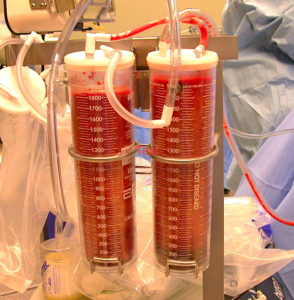Liposuction is a well known subcutaneous fat removing technique that has proven to be very effective. It can be so effective that large volume liposuction became commonly practiced until its potential adverse effects and complication rates came to light and safe amounts of maximum removal became established. (5 liters) While not a weight loss technique, removal of large fat amounts does raise the question of whether it may have medical benefits as well. Since fat is a very metabolically active tissue does its reduction have any positive benefits on metabolic and cardiovascular health.

Ultimately the question being posed/studied is whether liposuction improves one’s health? Does removing a large volume of fat in a very short period of time have medical benefits? It is tempting to think (hope) so. But the evidence to support that contention is tenuous at best. Some of these studies offer conflicting data or positive changes that are relatively small. Certainly an immediate reduction in one’s fat volume would improve some of the metabolic markers studied. But whether those changes lead to a lower risk of cardiovascular disease or the need for less insulin in diabetics remains to be definitively proven. These potential benefits must be weighed against the risks of surgery which are increased in these larger volume liposuction patients.
Dr. Barry Eppley
Indianapolis, Indiana


